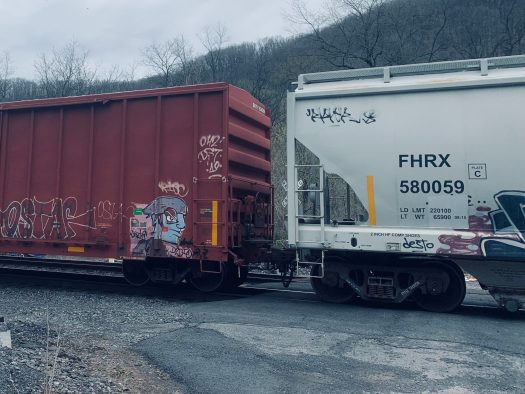In a year when I re-read a half-dozen early Charles Simic books, among other old favorites, I want to look back just at the new-to-me books I read this year and remind myself which ones really kicked ass… so that in future years, these might be the old favorites to re-read! Links go to publishers’ webpages (or to Bookshop.org if they don’t have one) .
Here are ten poetry collections I loved this year, any one of which wouldn’t have been out of place in my top five:
Why I No Longer Write Poems by Diana Anphiamiadi, translated by Natalia Bukia-Peters and Jean Sprackland (Bloodaxe Books, 2022)
Close to the Teeth by Elisa Biagini, translated by Sarah Stickney and Diana Thow (Autumn Hill Books, 2021)
(Creature Sounds Fade) by Shanna Compton (Black Lawrence Press, 2020)
Can’t resist sharing Compton’s excellent videopoem trailer:
Coffin Honey by Todd Davis (Michigan State University Press, 2022)
Sentences and Rain by Elaine Equi (Coffee House Press, 2015)
Let Us Believe in the Beginning of the Cold Season by Forough Farrokhzad, translated by Elizabeth T. Gray, Jr. (New Directions, 2022)
keep walking by Bill Kenney (Red Moon Press, 2021)
Aporia by Rebecca Lilly (Red Moon Press, 2021)
Dear Selection Committee by Melissa Studdard (Jackleg Press, 2022)
The Roots of Wisdom by Zang Di, translated by Eleanor Goodman (Zephyr Press, 2017)
And the aforementioned top five…
 The Echo Chamber by Michael Bazzett (Milkweed Editions, 2021).
The Echo Chamber by Michael Bazzett (Milkweed Editions, 2021).
I was very excited to discover Bazzett’s work as a result of a random Mastodon post; he’s got a number of books out. This one was brilliant, both clever and insightful. I’m not usually a fan of re-worked Greek mythology, but the Echo and Narcissus cycle really works as a critique of the selfie era.
 The Threadbare Coat: Selected Poems by Thomas A. Clark (Carcanet, 2020)
The Threadbare Coat: Selected Poems by Thomas A. Clark (Carcanet, 2020)
Minimalist ecopoetry is obviously very much my bag, so there’s no way I wasn’t going to love this collection by “Scotland’s most distinctive contemporary writer” as the possibly overheated jacket copy calls him.
 The Nightfields by Joanna Klink (Penguin Random House, 2020)
The Nightfields by Joanna Klink (Penguin Random House, 2020)
Klink was, like Bazzett, a major new addition to my personal pantheon of contemporary poets: someone who stands out for the quality of her thought as well as her complete virtuosity as a poet.
 My Red: The Selected Haiku of John Stevenson (Brooks Books, 2021)
My Red: The Selected Haiku of John Stevenson (Brooks Books, 2021)
Stevenson is a master of modern haiku, and it’s great to have this selection in such a high-quality, hardcover edition. It traveled with me on many walks this spring, and doubtless will come along on many more.
Thanks to Catherine in the comments (see below) for reminding me of this video trailer:
Without further ado, my top pick of the year:
 Startling by Linda France (New Writing North/Faber, 2022)
Startling by Linda France (New Writing North/Faber, 2022)
France is, despite her name, England’s best contemporary ecopoet IMHO. Like Clark, she knows her birds and wildflowers. And this collection feels especially urgent and stylistically experimental (including credible versions of Japanese short forms).
Fimmaker Kate Sweeney made a poetry film with some of France’s words:
As I wrote somewhere in my April Diary, I’ve never been terribly good at talking about why I love books, so I mostly don’t. But it seems unfair to the authors not to at least enthuse a bit from time to time.






















